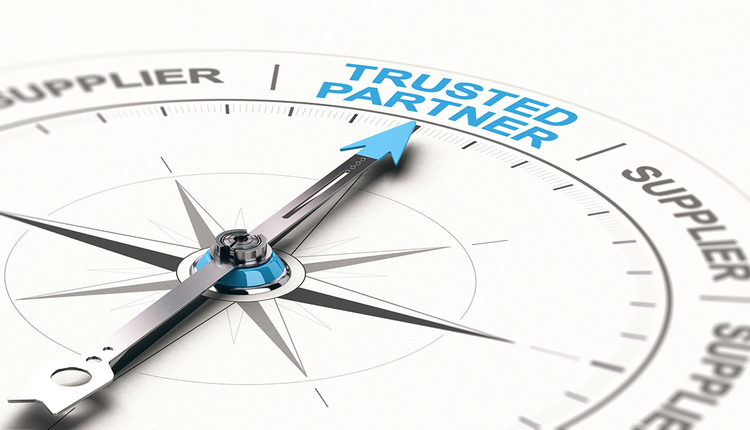This article originally appeared in the May/June, 2018 issue of PARCEL.
Have you ever had one of those “a-ha!” ideas? Perhaps there was a cool summer night when you were sitting around a campfire, and you came up with an idea to make a widget that would solve a problem that many people have experienced. All of your friends fully endorsed your idea that night, which gave you the confidence to move forward. You started to sketch drawings of your product and then created features and benefits. You were absolutely convinced that this product would take off.
As you traveled through your journey of putting together the initial funding and prototypes, you realized that you could start this from your kitchen table. The prototype development was your first surprise in this process… hello, time and cost. (As a side note to future entrepreneurs, there is an organization in Chicago called the mHUB -- www.mhub.com -- that provides support in developing prototypes and product development for new products.)
As you progressed through the first stage of having a website, a prototype, and funding to produce your first production run, you decided to go from the kitchen table to the basement, which would give you more room for product storage and order processing. As you went from five orders a day to 50 orders a day, you decided you needed more space. In order to keep operating expenses low, you chose to move your operation to the garage (and still have the basement for office space and overflow). Your dream was becoming reality, and soon you were processing 100 orders per day. While exciting, this growth ultimately hampered your ability to both keep up with processing orders and to keep your marketing efforts at a high level. You came to the conclusion that you needed a small office and warehouse. At this stage, you thought you were an entrepreneur but have realized that you are the receiving clerk, picker, packer, shipping clerk, warehouse manager, maintenance manager, security manager, and the “everything else manager.” In the meantime, your growth is beginning to slow because you have not spent more time developing your business.
You decide to take a day off and reflect where you are and where you are going. You have an epiphany and decide to find a fulfillment partner that will help you focus on the commercial side of the business. Your initial thoughts are that you will never find a fulfillment partner that can do it as well as you. This is more of a control question versus a fulfillment partner capability. There are many small- to mid-sized fulfillment companies that are highly competent in the e-commerce arena. Here are some of the qualities that you should look for in a fulfillment partner:
- Culture fit
- Dedicated team
- Location(s)
- Flexibility
- Customized/personalized approach
- Technology (OMS/WMS)
- Parcel optimization
- Simple agreement
- Expansion capabilities
- Commitment to improvement
Ten years ago, online retailers rarely considered fulfillment partners. Today, fulfillment services have evolved, and cost savings and advantages to the entrepreneur (both hard costs and opportunity costs) often exceed fulfillment rates.
There are hundreds of small to mid-sized fulfillment companies in the US. They fully understand what it takes for merchants to be successful. As the merchant focuses on growing the business, the fulfillment company will continue to drive operational value by keeping its costs low at a high performance level. Merchants are continually challenged by the “fast and free” model that Amazon has developed in the market. Utilizing a cost-effective and flexible fulfillment partner approach that saves transportation and fulfilment costs may be the answer for many merchants.
Wow… just a few years ago, you thought of this idea at a campfire, and now you are expanding around the world. You moved from your kitchen table to a fulfillment partner, realizing that you can still “dream big” and focus on growing your business. No wonder many in our industry are doing the same.
Michael J. Ryan is the Executive Vice President at Preferred Parcel Solutions and has over 25 years of experience in the parcel industry. He can be reached at 708.224.1498 or michael.ryan@preferredship.com.



















